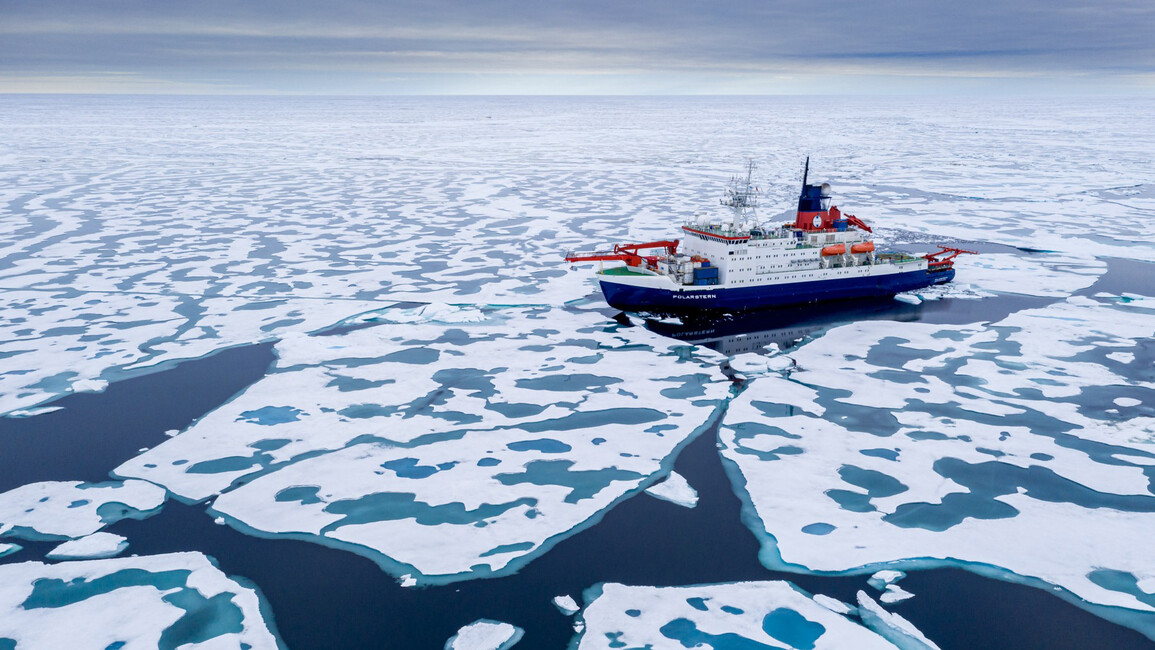Contents
Germany boasts a powerful, state-of-the-art fleet of research vessels for conducting fundamental marine research. The ships serve as universal platforms for research in all disciplines of marine science in all of the world’s oceans. Based on the Ocean Facilities Exchange Group (OFEG), these ships are classified as global, ocean, regional or local class vessels according to the area they are used in. Global Class research ships have the longest range and are able to navigate into the polar regions thanks to their ice-breaking capability. Ocean Class research ships operate on the major oceans, while Regional Class ships travel the regional seas such as the North and Baltic Seas, the Mediterranean or the Black Sea. Local Class ships mostly perform research activities along the German coast.
BMBF funding for seven research vessels
The seven ocean-going research vessels within the remit of the BMBF – RV POLARSTERN, RV SONNE, RV METEOR, RV MARIA S. MERIAN, RV ELISABETH MANN BORGESE, RV ALKOR and RV HEINCKE — as well as the special-purpose ships of the departmental research institutions and a fleet of smaller research boats (including FK UTHÖRN and FK COREOLIS) facilitate marine, coastal and polar research at the highest scientific level.
Investing in new ships
Germany continuously renews its research vessel fleet in order to maintain the global excellence of German marine research and ocean observation. A new research vessel with the preliminary name of METEOR IV is planned to enter active service in 2026. This new ship will replace the research vessels POSEIDON and METEOR. The vessel is an enhanced version of RV SONNE, which entered service in 2014, equipped with the latest technology. The tender and award procedure for building a successor to the research and supply icebreaker RV POLARSTERN is currently ongoing. The new ship is expected to enter service by 2030.
First climate-neutral ships
The new-build versions of the local class research boats FK UTHÖRN and FK COREOLIS are the first research ships powered by carbon-neutral methanol or hydrogen. The current Regional Class research vessels deployed in the North and Baltic Seas – RV ALKOR, RV HEINCKE and RV ELISABETH MANN BORGESE – will all reach the end of their working life in the near future. In 2023, the German Science and Humanities Council made a recommendation for them to be replaced.
Research vessel fleet
RV POLARSTERN
RV POLARSTERN is one of the most capable research vessels and icebreakers in the world. She has operated in the Arctic and Antarctic since 1982. The ship can accommodate up to 50 researchers from all manner of disciplines to undertake research at sea and in the ice for up to 75 days without needing to resupply.
RV SONNE
RV SONNE has been supporting deep-sea research since 2014, primarily in the Indian and Pacific Oceans. She has capacity for up to 40 researchers for expeditions lasting up to 50 days at sea. Research aboard this ship focuses on climate change in the ocean and the protection of ecosystems and marine resources.
RV METEOR
RV METEOR is Germany’s third-biggest research vessel and has been serving basic research in various disciplines since 1986. Up to 28 researchers can stay aboard the ship for up to 50 days of sea time. Her principal areas of operation include the Atlantic, Eastern Pacific and Western Indian Oceans as well as the Mediterranean Sea.
RV MARIA S. MERIAN
Since February 2006, RV MARIA S. MERIAN has primarily been deployed in the Atlantic Ocean and the Mediterranean Sea. This vessel can also sail along the ice edge and hence supports research in the subpolar Arctic Ocean. She has capacity for up to 22 researchers and a maximum endurance of 35 days at sea.
RV ELISABETH MANN BORGESE
RV ELISABETH MANN BORGESE has mostly been in use in the Baltic Sea since she entered service in August 2010. The ship comes with 97m2 of lab space for up to 12 researchers and a maximum sea time of 14 days. She is operated by the Leibniz Institute for Baltic Sea Research Warnemünde (IOW).
RV ALKOR
RV ALKOR has mainly sailed the Baltic Sea since she first took to water in 1990. German and European research teams work aboard the vessel, which is also used for student training. The ship can remain at sea for up to 21 days at a time. Her four research labs can accommodate up to 12 scientists.
RV HEINCKE
RV HEINCKE has been deployed in the North Sea and North Atlantic Ocean since 1990. Her four labs can be used by up to 12 researchers to undertake research projects in the areas of biology, geoscience and hydrography. The vessel has a sea time of up to 21 days.
New vessel RV METEOR (IV) (in construction)
The new Research Vessel METEOR (IV) is expected to replace RV METEOR (III) in 2026 as well as the former RV POSEIDON, which was decommissioned in 2019. The 125m-long ship will have capacity for 35 researchers and will be able to remain at sea for 50 days without resupply. She will be used to undertake research primarily in the Atlantic Ocean and the marginal seas.
Successor vessel RV POLARSTERN (II) (planned)
The BMBF is working to enable the Alfred Wegener Institute (AWI) to procure a successor to the icebreaker RV POLARSTERN. A panEuropean tendering procedure for the construction of this ship is currently ongoing. The new RV POLARSTERN is envisaged to be capable of breaking through even thicker ice sheets than her predecessor, allowing the ship to venture even further into the sea ice zone.
Quiz
Question 1of 7
RV POLARSTERN is also a supply vessel.


